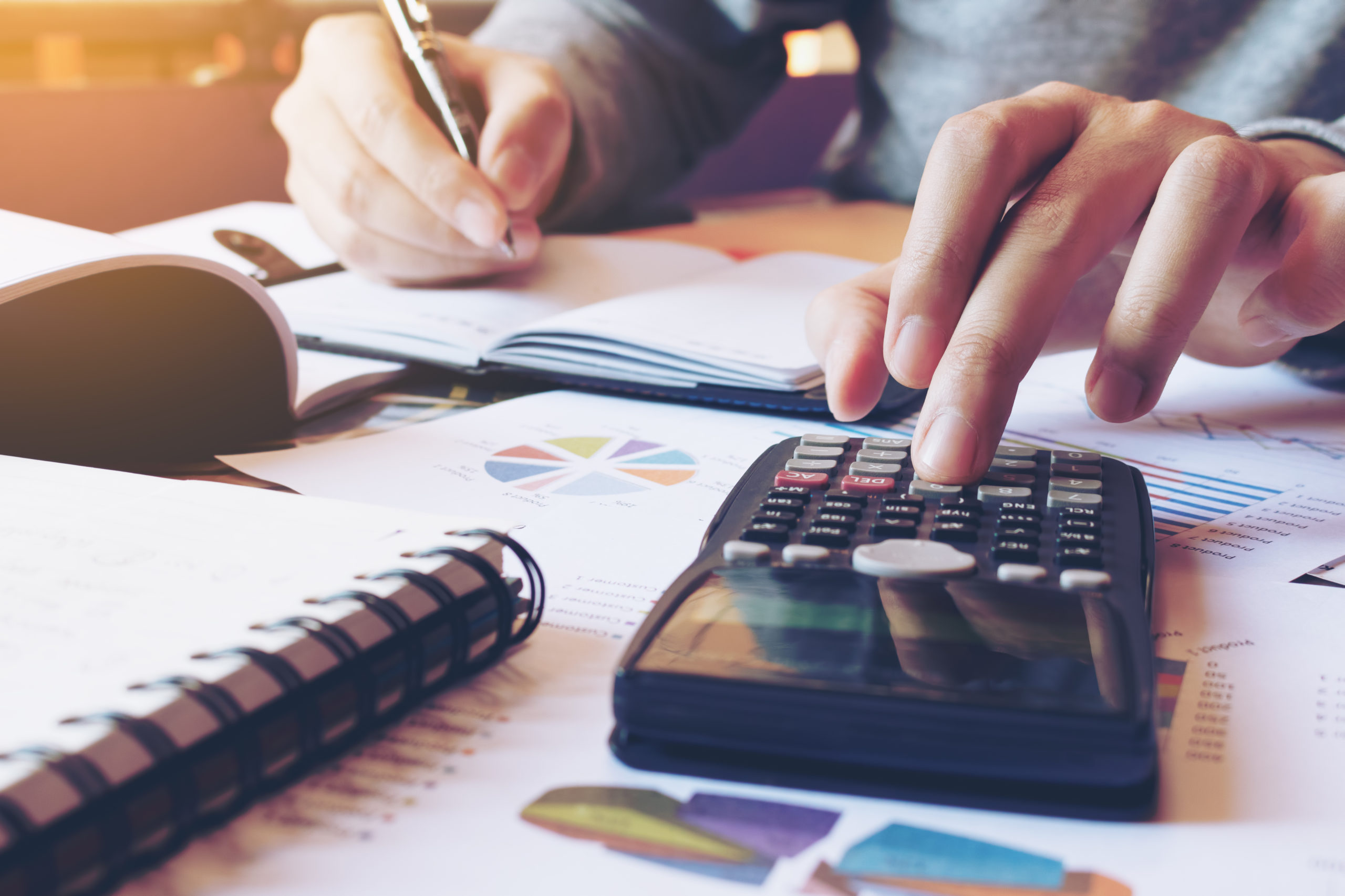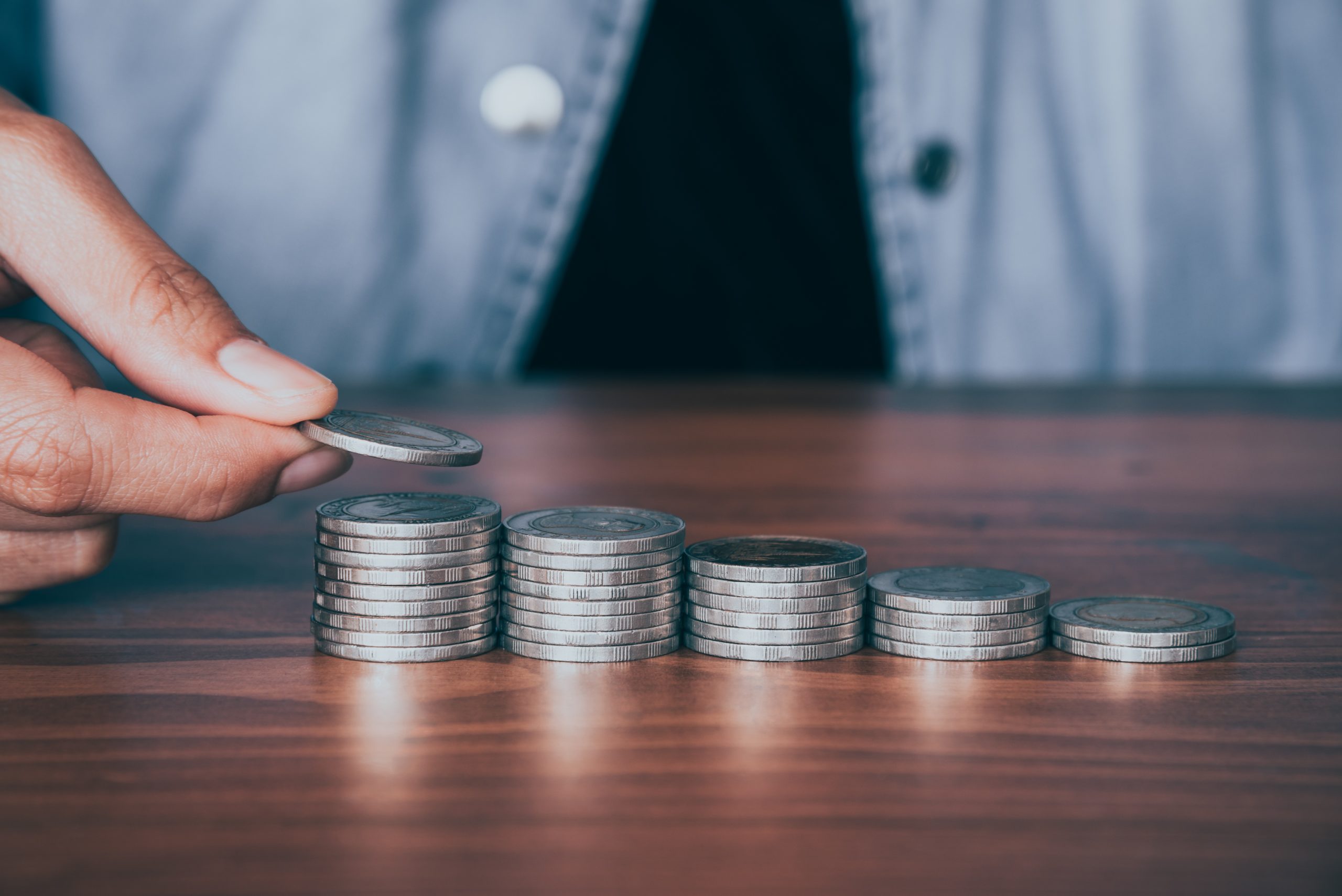
How to make the most of the tax year end allowances
On Monday 5th April 2021, the 2020/21 tax year will end. Although this may still feel like some time away, acting now will give you the best opportunity to benefit from any remaining tax reliefs, allowances and exemptions. It will also make sure you are on track to reach your long-term financial goals.
Tax planning can feel overwhelming but it’s important to act now before it’s too late. Here are our tips on how to make the most out of the tax year end.
Maximise your Individual Savings Accounts (ISA) allowance
An ISA is a tax-efficient way to save or invest. There are different types of ISAs including a cash ISA, stocks and shares ISA, lifetime ISA and an innovative finance ISA. For this current tax year, you can place up to £20,000 into an ISA and returns are free of tax on dividends, capital gains tax and income tax. However, it’s important to remember that you cannot carry forward your ISA allowance, so use it whilst you still can.
You can also use a JISA (Junior ISA) to save or invest for a child and the annual allowance for 2020/21 is £9,000. But, just like an ISA, if you do not use the allowance before the end of tax year, you will lose it.
Use your pension allowances
For most people, a pension is a great tax efficient way to save for retirement. The pension annual allowance is the maximum that you can pay into your pension each tax year while still benefitting from tax relief. This includes contributions made by your employer or other third parties.
For the current tax year, the annual allowance is 100% of your annual earnings up to £40,000 for most people. However, there are two reasons why your annual allowance may be lower:
- The tapered annual allowance means if your threshold income is over £200,000 or your adjusted income is more than £240,000, your annual allowance will be reduced by £1 for every £2 your income exceeds these thresholds. It can be reduced by a maximum of £36,000, meaning your annual allowance could be as low as £4,000.
- If you have flexibly accessed your pension, you may be subject to the money purchase annual allowance (MPAA). This reduces the amount you can tax-efficiently save into a pension to £4,000 per tax year.
You can carry forward your unused pension annual allowance for up to three years. If you have not done so already, this is your last chance to make full use of your allowance from the 2017/18 tax year. If you do not make use of this allowance by 5th April 2021 you will lose any unused allowance.
It’s important to understand your pension annual allowance, please seek professional advice if you’re unsure or have any questions.
Don’t forget about capital gains tax (CGT)
CGT is often something many people do not think about, and when they do, they are unsure as to whether it applies to them. CGT is paid when you sell certain assets and make a profit. These assets can range from a second property, stocks and shares or even personal possessions, like jewellery, worth more than £6,000 (excluding your car). For the 2020/21 tax year, the CGT allowance means you can make profits up to £12,300 per individual before tax is due. CGT allowances cannot be carried forward so careful planning is essential.
Consider gifting
Inheritance tax (IHT) can be costly, and if this is something you are worried about, you may want to consider using the gifting allowance. This allows you to pass on wealth to a loved one that is immediately considered outside of your estate for IHT purposes. Each year, the gifting allowances means you can pass on up to £3,000 tax-free and if you don’t use it, it can be carried forward for one year. It’s worth noting that the limit applies per individual, so couples can gift up to £6,000 between them. In addition to the gifting allowance, you can also gift small amounts (up to £250 per person) to as many people as you like.
Speak to an expert
Whether you are new to tax planning or have been doing it for some years, it can be complicated. There are many ways to maximise your allowances, reduce your tax liability and make sure your money is working for you. A financial adviser can help you to put a plan in place and take away any stress which could arise as you approach the deadline. If you’re not sure or have questions about your own circumstances, don’t leave it to guess work, speak to a financial adviser as soon as possible to use current opportunities before the end of the tax year.
To find out more about any of the above, and how else you can make the most of this tax year end, download our 2020/21 end of tax year guide here.
Or, if you are looking to speak with a financial adviser, we can help you make the most of your money, including taking advantage of appropriate allowances. Get in touch here.
Innovative Finance ISA (IFISAs) are not protected under the Financial Services Compensation Scheme (FSCS). This means your money could be at risk if you save with an IFISA company that goes bust.
A pension is a long-term investment. The fund value may fluctuate and can go down, which would have an impact on the level of pension benefits available. Your pension income could also be affected by the interest rates at the time you take your benefits.
The tax implications of pension withdrawals will be based on your individual circumstances, tax legislation and regulation which are subject to change in the future.
The value of your investment can go down as well as up and you may not get back the full amount you invested. Past performance is not a reliable indicator of future performance.
The Financial Conduct Authority does not regulate estate and tax planning.

 0330 332 7866
0330 332 7866 advise-me@fosterdenovo.com
advise-me@fosterdenovo.com Search
Search






